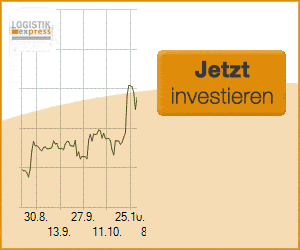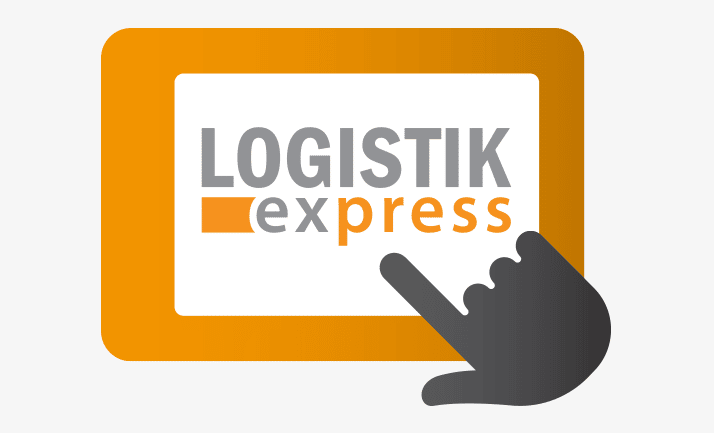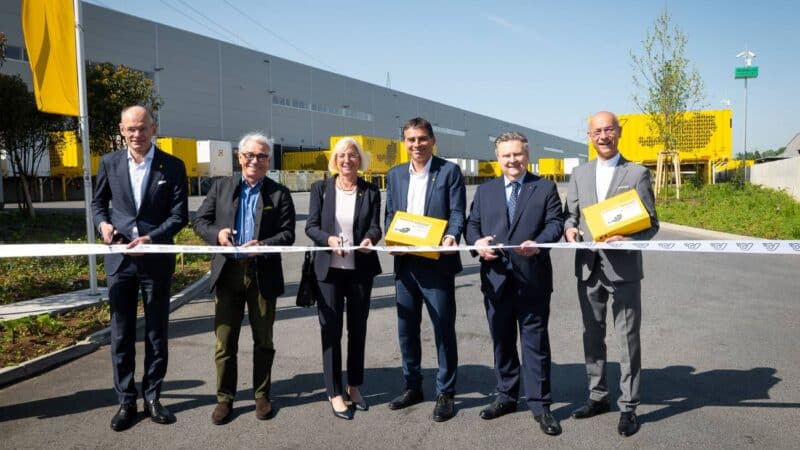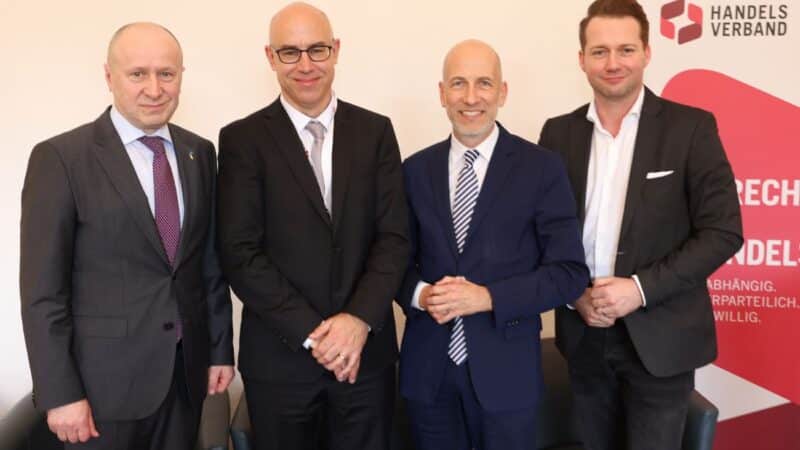How Southern African Small Businesses are Making the World Rethink the Region
After global logistics company FedEx Express acquired Supaswift businesses in southern Africa earlier this year, David Binks, President for Europe, Middle East, Indian Subcontinent and Africa, visited the region to gain an on-the-ground view of the local market.
Here, he reveals why trade with Europe, SME growth, and global-local logistics partners, are priming Africa to become a future commercial hub.
When you think about small businesses based in southern Africa, in the first instance you probably picture dusty streets, spaza shops and street vendors. Think again. Southern Africa has an innovative entrepreneurial culture, combined with the ability to develop products that consumers worldwide would love to purchase with ease.
The world has truly become a global village. Today, products like cashew nuts from Mozambique can be ordered online and delivered fresh to a homesick Mozambican living in the UK, in just a matter of days. Take the innovative Wonderbag slow cooker, invented by a South African eco-entrepreneur: thanks to e-commerce, the company aims to sell one million units online.
Recently I spoke to several African entrepreneurs – many of whom have been customers of Supaswift – whose businesses we successfully acquired in seven countries in southern Africa. One of the main concerns I heard was regarding physical infrastructure and strengthening cross-border trade. As it stands, however, southern Africa’s future looks bright.
Physical infrastructure is improving and increased connectivity is helping domestic businesses flourish. South Africa is a hub for the pharmaceutical, information technology, publishing and manufacturing industries, and provides a springboard into the rest of the southern African region. There are many local businesses ready to partner with European companies and reach new customers. And with a projection that by 2016, the planet will see $1 trillion in global e-commerce transactions, the growth potential in this region is enormous.
Small businesses, big growth potential
While a great deal of what FedEx does supports the delivery services offered by retailing and online giants, some of the greatest growth potential lies in empowering small businesses and giving them access to opportunities across the globe. SMEs are the economic catalysts in both southern Africa and Europe – and their challenge is the same: to do more trade beyond their own borders.
A few years ago, for small companies in southern Africa to do business, for example, with Europe would have been a daunting prospect. The internet has opened up those markets, but there needs to be tangible mechanisms in place to get their goods shipped, cleared through customs, duties paid and delivered to the final destination (while being tracked at all times). The management of customs processes often seems highly complex at first for small businesses. And that is where we can help. We have been doing it for over three decades – it is in our DNA.
Local businesses that sell traditional wood carvings or mango chutney at one of a multitude of markets can now easily set up a website, market their products and sell them – not just all over southern Africa, but, with the right logistics partner, to anywhere in the world, creating real opportunities for them to expand globally.
It is because of this huge potential for growth in southern Africa that we have increased our presence in the region through the acquisition of the Supaswift businesses. This has given us access to 40 facilities and more than 1,000 new team members across seven countries, including Botswana, Malawi, Mozambique, Namibia, Zambia, Swaziland and South Africa – countries that together represent a fifth of Africa’s total GDP.
Trade between Europe and Africa is growing healthily. Over the next five years, European businesses are expected to steadily increase their trading activity with Africa. Ernst & Young predicts that by 2020, it is likely that Europe will have become the most important market for sub-Saharan African exports, accounting for around a quarter of all its trade. African Economic Outlook shows that countries like Mozambique and Zambia are likely to generate growth well ahead of the global average in 2015 and beyond.
Small businesses, catalysed by the internet, are set to be a crucial growth engine for southern Africa. Not only will this benefit the region’s economy, it will give the people of southern Africa – and their products – the best possible platform for showcasing what they have to offer. They will be making Europe, and the world, think again about southern Africa and its potential.
Quelle: eyefortransport
Portal: www.logistik-express.com











